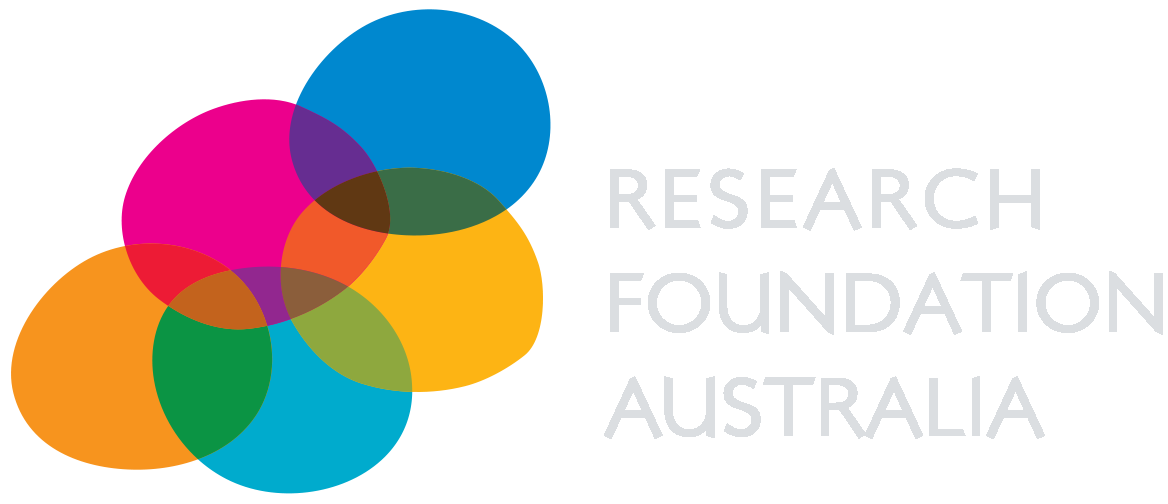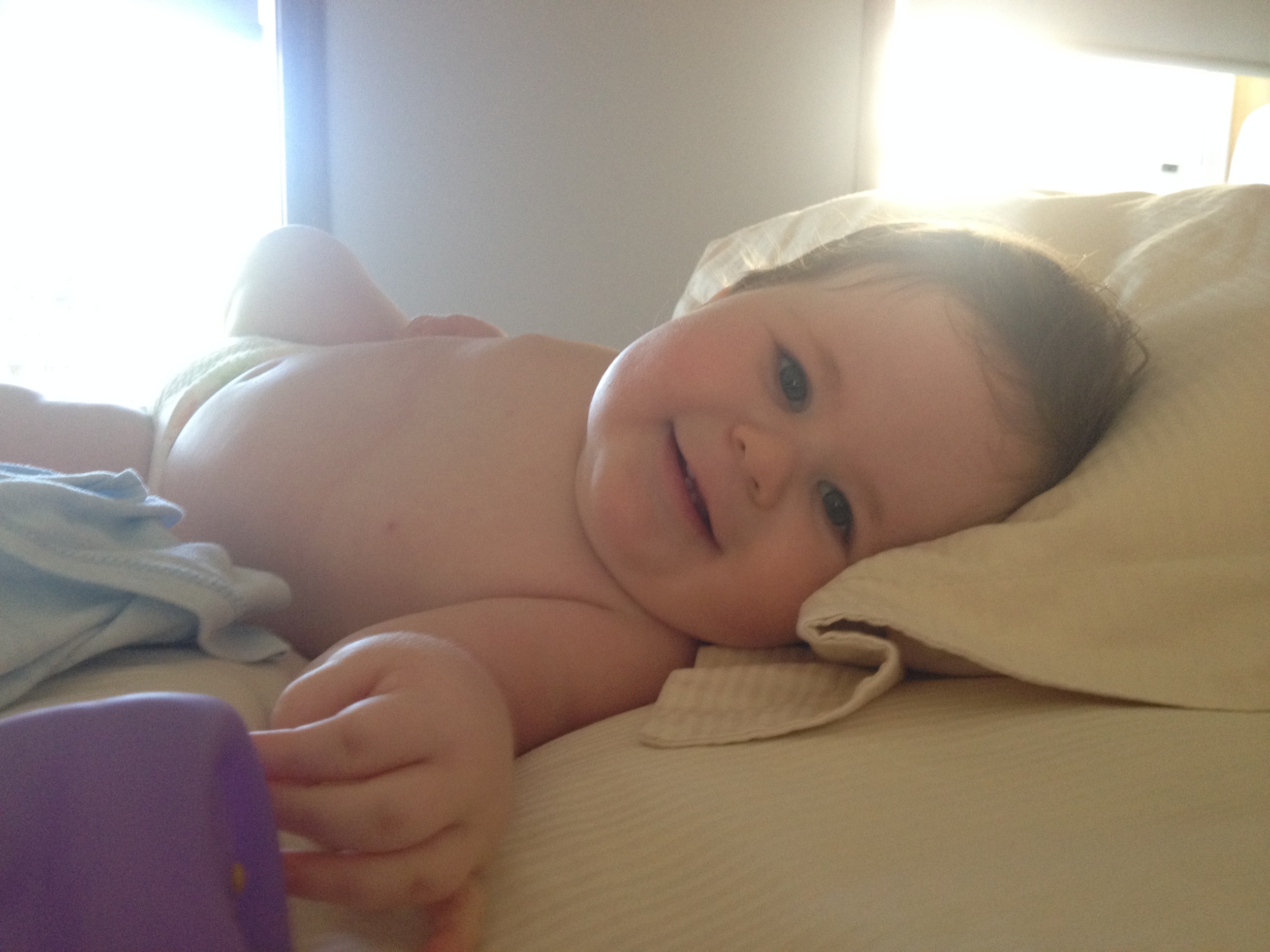Previous PWRFA grant winners:
2023: A/Prof Tania Markovic: Gastrointestinal transit and safety of Tirzepatide in people with PWS. Webinar Link
2021: Dr Laura Leighton: Discovering new molecular contributors to PWS
2020: A/Prof Nixon: Improving treatment of sleep disordered breathing in children with PWS. Webinar Link
2020: Prof Partha Das: Disease modeling of neurodevelopment defects in PWS using patient specific iPSCs derived human brain organoids. Webinar Link
2019: A/Prof David Godler: Establishing the Chromosome 15 Biobank
Discovering new molecular contributors to Prader-Willi Syndrome
Dr Leighton
PWRFA are pleased to announce Dr Leighton from the Queensland Brain Institute as the successful recipient of the recent PWRFA research grant. The project, titled “Discovering new molecular contributors to Prader-Willi Syndrome” will see Dr Leighton, along with A/Prof Bredy, investigate the role of snoRNAs such as SNORD116 in PWS. The goal of the project is to identify new targets for the PWS-associated snoRNAs. This will help us better understand what snoRNAs are doing (or not doing) and may provide new targets for drug development and/or repurposing.
We’re delighted to welcome this group of talented and experienced RNA scientists to the PWS research community and wish them every success with their research.
Sleep disordered breathing in children with PWS
This exciting new project is from A/Prof Gillian Nixon's group in the Department of Paediatrics at Monash University, and will investigate sleep disordered breathing (SDB) in children with #PWS.
Disorders of breathing during sleep, known collectively as SDB, are very common in people with PWS. They can result in significant sleep disruption and low oxygen levels, with major impacts on learning, long term health and quality of life. Treatments for PWS, such as growth hormone, may further exacerbate the risk of developing SDB.
A/Prof Nixon will investigate "breathing control stability" in children with PWS. By understanding the stability of breathing control (or lack-thereof) we will learn more about SDB in PWS, and what to do about it. We're excited about this study because it will provide the basis for developing better treatments for SDB and provide a critical bridge linking paediatric research to advances in adult SDB.
Importantly, this study draws on the expertise of an extensive network of PWS clinicians from across Australia, led by A/Prof Jenny Downs and Prof Cathy Choong from the Telethon Kids Institute
Waking up silent genes
Testing proven cancer research on a devastating childhood condition
Cancer researchers Associate Professor Pilar Blancafort and Dr Charlene Waryah have received support from the Prader-Willi Research Foundation Australia to apply some of the latest techniques used in cancer research to PWS.
Professor Marnie Blewitt shares her work activating the Magel 2 gene cluster on Chromosome 15.
Hear Professor Marnie Blewitt from WEHI talk about her project to identify chemicals that activate one of the two major (silenced) PWS gene clusters, Magel2. A few years ago, Professor Blewitt stumbled across a chemical that silences an enzyme Schmd1 and as a consequence activates the Magel2 gene cluster i.e. a potential medicine for Prader-Willi.
Because she had previously been introduced to PWRFA, Marnie was interested in investigating whether her accidental discovery could be turned into a therapy for Prader-Willi. We initially seed funded her $25,000 to validate her finding and she has then taken her work on to proof of concept of a gene therapy and developed a first chemical candidate for a pharma company to develop into a drug. Pharma companies need more than one chemical candidate to successfully develop a drug, so Professor Blewitt’s work has now been fast-tracked to the National Drug Discovery Centre in the search for more compounds that will silence Schmd1 and activate the silent Magel2 gene cluster. There’s still a way to go and no guarantees but this world-leading research offers so much hope for a medicine for our children.
Complete the signup form here to secure your copy of the Webinar, held on 28 October 2020, with Professor Blewitt discussing her work.
Chromosome 15 Biobank
For the first time in Australia a purpose-built Biobank will be established to store tissue samples and clinical data for research into rare genetic diseases caused by changes to genes on Chromosome 15, including Prader-Willi Syndrome (PWS) and Angelman Syndrome (AS). The project is a partnership with PWRFA, the Murdoch Children’s Research Institute (MCRI) and the Foundation for Angelman’s Syndrome Therapeutics (FAST). The Chromosome 15 Biobank will help researchers to better understand the links between the genetic changes that cause PWS and the behavioural, intellectual and physical challenges faced by these people.
PWRFA Director and Scientific Advisory Council Chair, Professor Joe Proietto said: “The establishment of a biobank linked to clinical history can be a powerful tool to link phenotype with genotype. This linking is the first essential step to developing effective treatments.”
Click here to read the full media release.
GABA Disturbances
PWRFA are working with Dr Lauren Rice and Prof Stewart Einfeld from the University of Sydney to support the work they are doing around GABA disturbance in PWS. Lauren and the team have shown that there is a decrease in GABA in the brains of individuals with PWS, and this is associated with specific PWS behaviours such as temper outbursts, depression and autistic-like behaviours. PWRFA will contribute $16,000 in support of this work, which has also received funding from FPWR. This project will use brain imaging to examine whether a GABA-modulating drug (Acamprosate) can normalize the balance of GABA in the brain. The study will provide fundamental information about PWS brain chemistry and connectivity and evaluate a potential treatment for challenging PWS behaviour. It will take place at the Sunshine Coast Mind and Neuroscience – Thomson Institute in Queensland.



